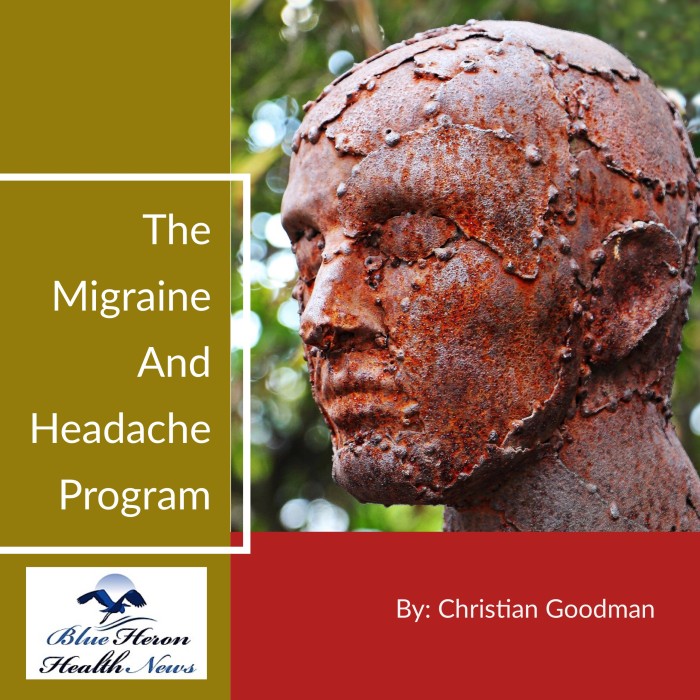
The Migraine And Headache Program By Christian Goodman This program has been designed to relieve the pain in your head due to any reason including migraines efficiently and effectively. The problem of migraine and headaches is really horrible as it compels you to sit in a quiet and dark room to get quick relief. In this program more options to relieve this pain have been discussed to help people like you.
How does alcohol consumption affect migraines?
Alcohol consumption can have a significant impact on migraines, acting as both a trigger for migraine attacks and exacerbating their symptoms. The relationship between alcohol and migraines is complex and varies among individuals. Here’s a detailed overview of how alcohol affects migraines:
1. Alcohol as a Migraine Trigger
- Common Trigger: For many migraine sufferers, alcohol is a well-known trigger. Studies suggest that alcohol can trigger migraines in about one-third of individuals who experience these headaches.
- Types of Alcohol: Certain types of alcohol are more likely to trigger migraines than others. Red wine is particularly notorious, with many migraine sufferers reporting it as a trigger. Other alcoholic beverages, such as beer, whiskey, and champagne, can also provoke migraines, although the specific type of alcohol that triggers a migraine can vary from person to person.
2. Mechanisms of Migraine Triggering
- Vasodilation: Alcohol is a vasodilator, meaning it causes blood vessels to widen. This effect can lead to changes in blood flow that might trigger a migraine in susceptible individuals. Migraines are often associated with blood vessel changes in the brain, and the vasodilatory effect of alcohol may contribute to the onset of a migraine attack.
- Dehydration: Alcohol is a diuretic, which means it increases urine production and can lead to dehydration. Dehydration is a common trigger for migraines, and consuming alcohol can exacerbate this risk, particularly if fluid intake is not maintained.
- Histamine Content: Alcohol contains histamine, a compound that can provoke allergic reactions and inflammatory responses in the body. Some people with migraines are sensitive to histamine, and its presence in alcohol may contribute to migraine attacks.
- Congeners: Congeners are chemical byproducts of alcohol fermentation and are found in higher concentrations in dark liquors like red wine, whiskey, and brandy. These substances are thought to contribute to the severity of hangovers and may also trigger migraines in some individuals.
- Fluctuations in Serotonin Levels: Alcohol can cause fluctuations in serotonin levels in the brain, a neurotransmitter that plays a key role in mood regulation and is also involved in the pathophysiology of migraines.
3. Alcohol and Delayed Headaches
- Hangover Headaches: Even in individuals who do not typically experience migraines, alcohol can cause hangover headaches the next day, characterized by a throbbing pain. For migraine sufferers, this hangover headache can sometimes be indistinguishable from a migraine.
- Delayed Migraine: Some people experience a delayed migraine several hours after consuming alcohol, rather than an immediate reaction. This delayed response can make it difficult to identify alcohol as the trigger.
4. Individual Sensitivity
- Variability Among Individuals: The impact of alcohol on migraines varies widely among individuals. While some people are highly sensitive to alcohol and may experience a migraine after even a small amount, others may be able to consume moderate amounts without triggering a migraine.
- Genetic Factors: Genetic predisposition may play a role in how alcohol affects migraines. For example, individuals with a family history of migraines or a genetic sensitivity to alcohol’s effects might be more prone to alcohol-induced migraines.
5. Impact of Alcohol on Migraine Medications
- Interactions with Medications: Alcohol can interact with medications commonly used to treat migraines, such as triptans, beta-blockers, and antidepressants. These interactions can reduce the effectiveness of the medications, increase side effects, or exacerbate migraine symptoms.
- Increased Risk of Side Effects: Combining alcohol with certain migraine medications, particularly those that depress the central nervous system (such as certain anti-anxiety medications or sedatives), can increase the risk of drowsiness, dizziness, and other side effects.
6. Moderation and Prevention
- Limit Alcohol Consumption: If alcohol is identified as a trigger, it’s advisable to limit or avoid consumption, especially of the types of alcohol that are more likely to provoke a migraine. Keeping a migraine diary can help track which types of alcohol, if any, are associated with migraine attacks.
- Stay Hydrated: If you choose to drink alcohol, it’s important to stay hydrated by drinking water alongside alcoholic beverages. This can help mitigate the diuretic effect of alcohol and reduce the risk of dehydration-induced migraines.
- Avoid Trigger Combinations: Certain combinations, like consuming alcohol in combination with other known triggers (such as stress, lack of sleep, or certain foods), may increase the likelihood of a migraine. Avoiding these combinations can help prevent attacks.
7. Lifestyle Considerations
- Know Your Limits: Understanding your personal tolerance for alcohol and knowing how it affects your migraines is key to managing potential triggers. For some individuals, even small amounts of alcohol can trigger migraines, while others may tolerate moderate consumption.
- Social Situations: In social situations where alcohol is present, consider opting for non-alcoholic alternatives or consuming alcohol in moderation to minimize the risk of triggering a migraine.
Conclusion
Alcohol can significantly affect migraines, acting as a trigger for many individuals. The mechanisms by which alcohol induces migraines include vasodilation, dehydration, and the presence of histamine and congeners. While the impact of alcohol varies from person to person, understanding and managing your individual triggers is crucial in preventing alcohol-induced migraines. Moderation, staying hydrated, and being mindful of alcohol’s interaction with migraine medications are important strategies for those who choose to consume alcohol.

The Migraine And Headache Program By Christian Goodman This program has been designed to relieve the pain in your head due to any reason including migraines efficiently and effectively. The problem of migraine and headaches is really horrible as it compels you to sit in a quiet and dark room to get quick relief. In this program more options to relieve this pain have been discussed to help people like you.